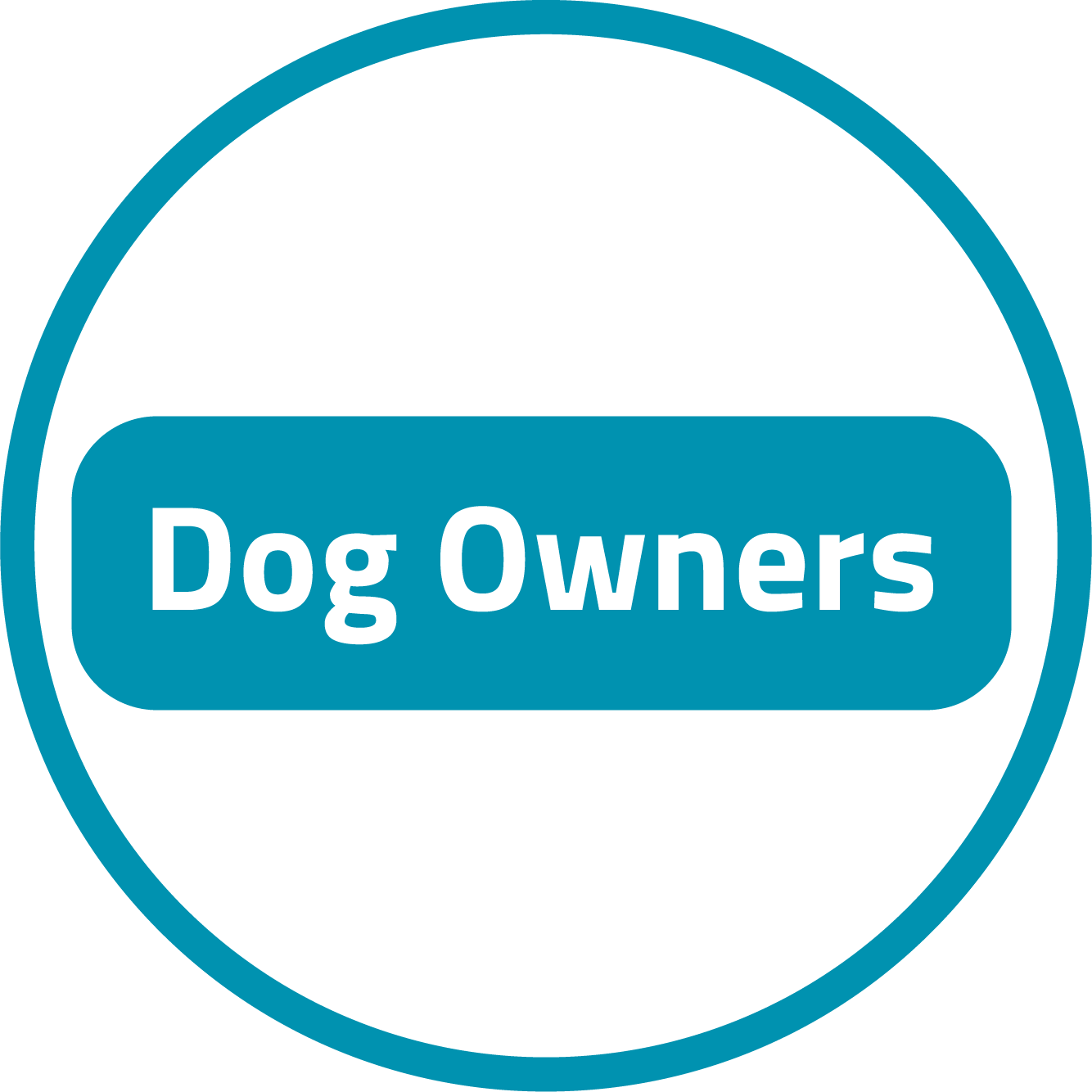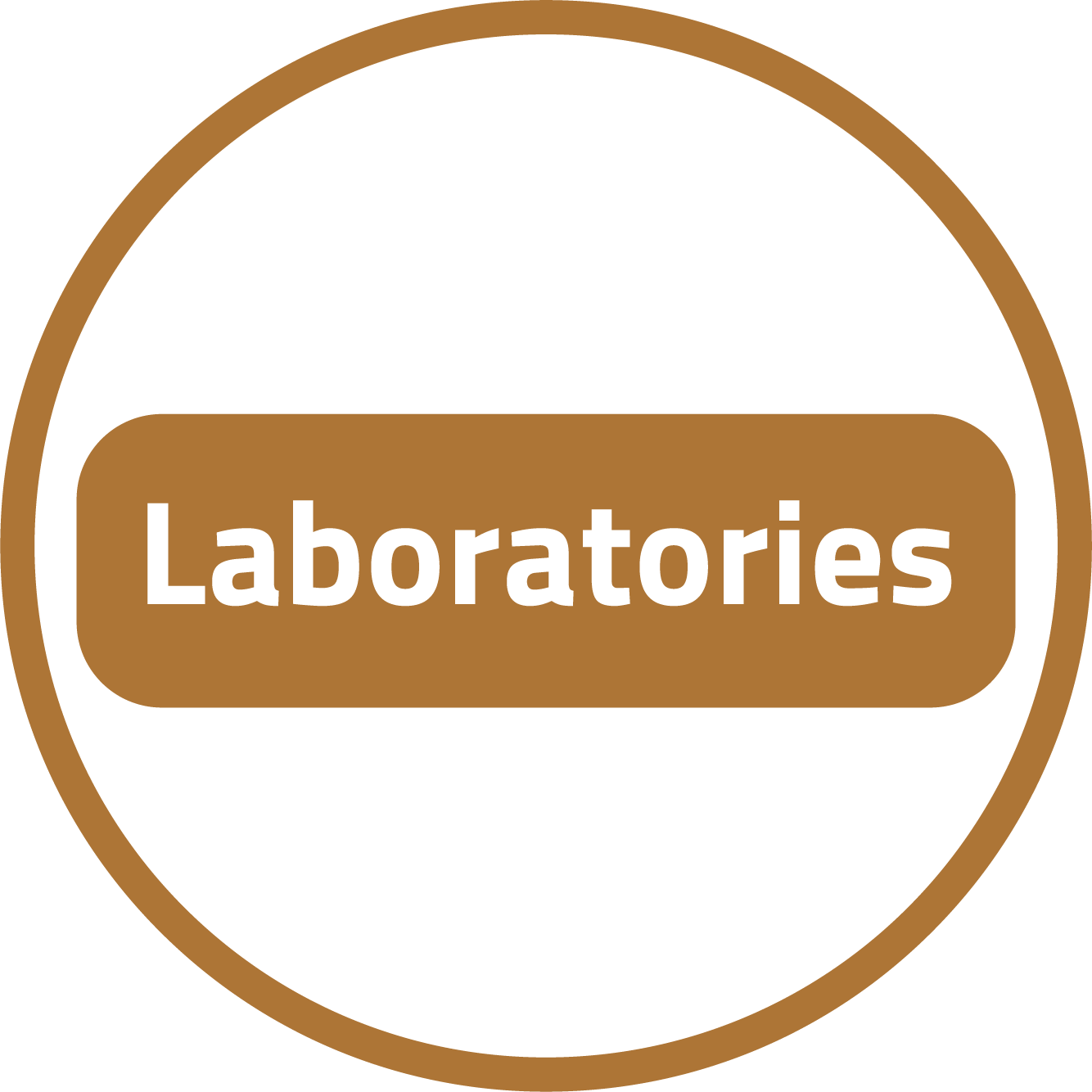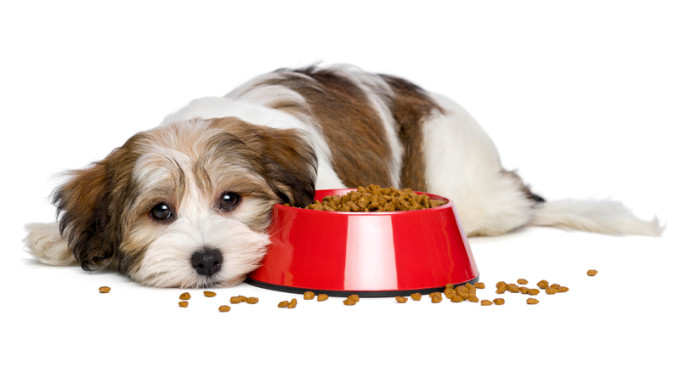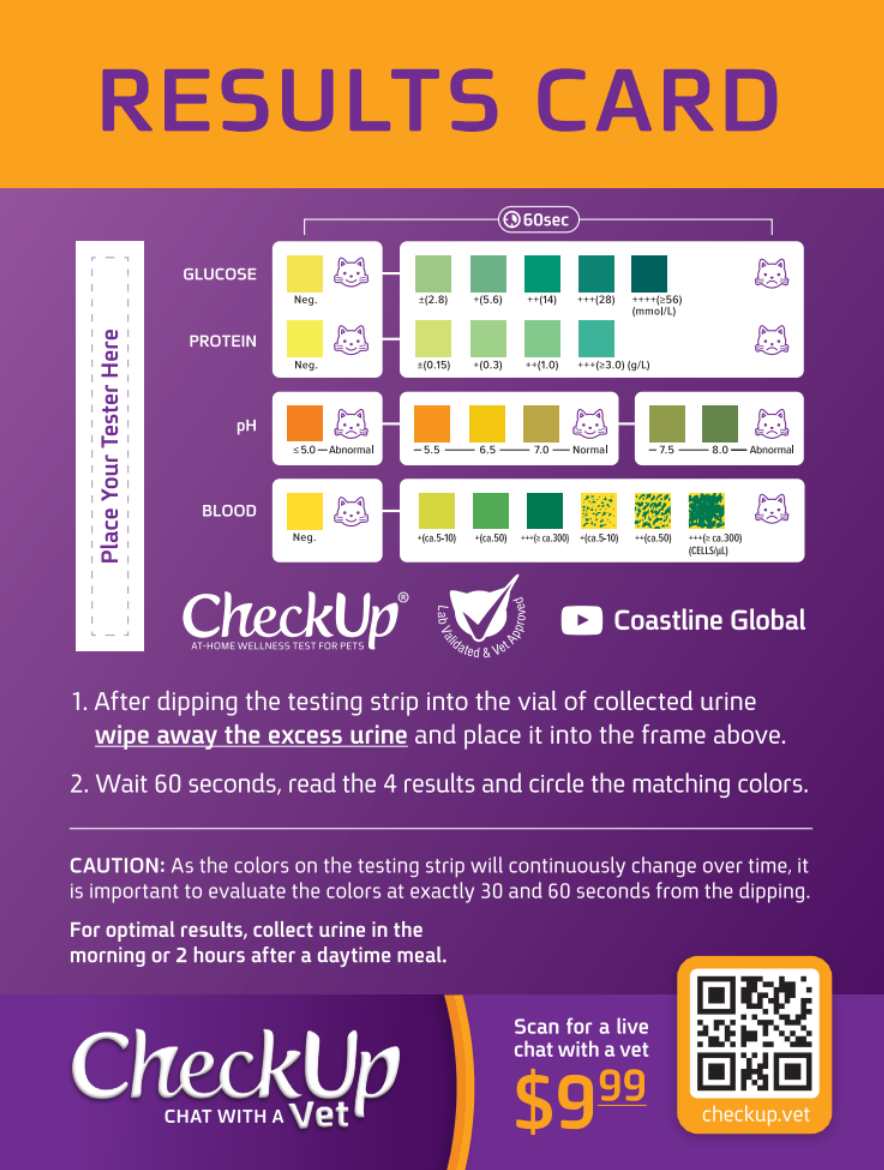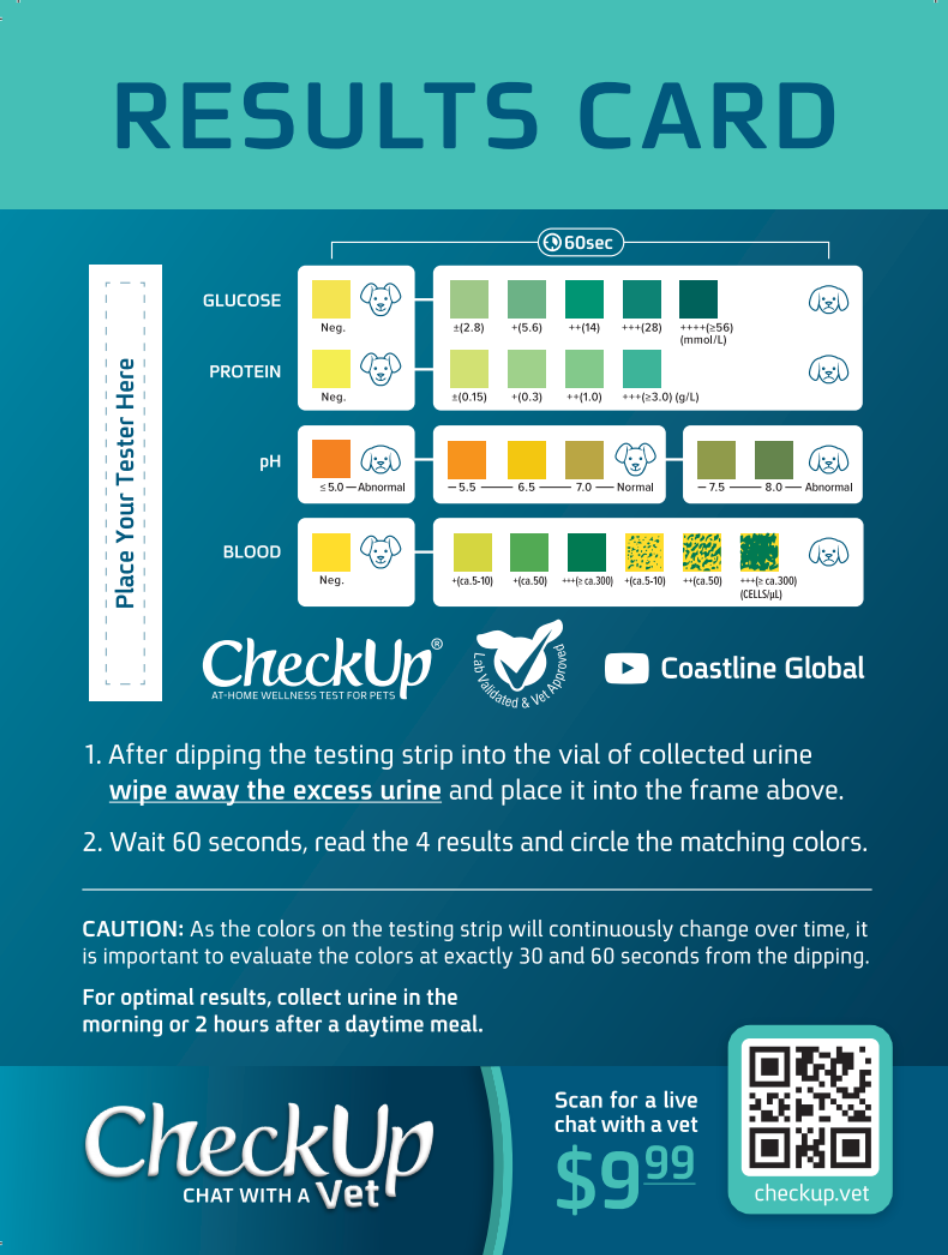Kimberly Gauthier, Dog Nutrition Blogger for Keep the Tail Wagging
With the growing concern about our dogs’ health, pet parents are turning to raw food and home cooked diets for their dogs. Although convenient, a diet of kibble has led to a growing number of health issues in dogs, including diabetes, chronic allergies and yeast infections, and urinary tract infections (UTIs).
Why Dogs Shouldn’t Eat Kibble Based Diets
Raw feeders believe that a balanced diet of muscle meat, organ meat, and bone reflects a species appropriate diet for dogs. Kibble, on the other hand, holds less nutritional value for dogs because it’s been cooked repeatedly and stored long term, leaving any naturally occurring vitamins, minerals, and digestive enzymes in the ingredients long dead.
The debate between kibble and raw dog food is passionate; please find some reasons why people feel that a diet of dry pet food isn’t ideal for our dogs.
Sketchy Ingredients
Not many pet parents can understand the ingredients panel on a bag of dry dog food beyond the first few items listed. Due to recent class action lawsuits with big pet food brands, we’re left wondering if we can trust that we’re being told what’s in today’s dog food.
Because kibble is a cooked project, brands add back the vitamins and minerals to create a “nutritious” product, however, it’s unclear if those vitamins are safe or if the minerals are sufficient. Because kibble is difficult to digest, brands add digestive supplements, which have a limited shelf life and may not be effective. And to sustain long term storage, brands add preservatives.
Sketchy Sourcing
Not all meat is created equal. One popular selling point is listing meat as the first ingredient on a dog food bag. This is impressive in a sea of dog food that lists corn as the first ingredient. However, if the brand is using 4D (diseased, dying, down, dead) meat, is it impressive?
An extended period of eating a diet of dry dog food that contains ingredients that aren’t part of a species appropriate diet for dogs (e.g. corn, synthetic vitamins, and preservatives) can have a damaging impact on a dog’s digestive and immune systems which can lead to chronic health issues.
Healthy Gut, Healthy Dog
A common mantra in the Raw Feeding Community is “Healthy Gut, Healthy Dog.” The immune system is closely tied to the digestive system and by improving a dog’s digestive health, one will witness a dog’s ability to fight off infection naturally.
A diet of raw dog food and natural supplements is easier to digest, provides a dog with the vitamins and minerals needed when balanced, and strengthens a dog’s immune system. A stronger immune system reduces a dog’s susceptibility to common health issues.
Raw Feeding and Diabetes
Raw feeding leads to a leaner body mass and the lack of unnecessary carbs leads to healthier blood sugar levels.
Raw Feeding and Chronic Allergies and Yeast Infections
Raw feeding strengthens the immune system, helping the body naturally block allergies and prevent yeast overgrowth.
Raw Feeding and Urinary Tract Infections
A diet of dry dog food causes a dog’s urine to become more alkaline while a diet of raw dog food causes a dog’s urine to become more acidic. The health problems that arise with urine that is more alkaline (kibble fed urine) include urinary tract infections, bladder infections, and urinary crystals and stones.
Kibble vs Raw Dog Food
Although kibble is convenient, raw dog food is a healthier option for dogs because raw supports a strong immune system which, in turn, prevents many health issues that arise with kibble.
About the Author: Kimberly Gauthier is the blogger behind Keep the Tail Wagging, a blog about raw feeding and dog nutrition. Kimberly and her boyfriend are raising two sets of littermates in the Pacific Northwest where they enjoy a property with plenty of room to run and explore.


